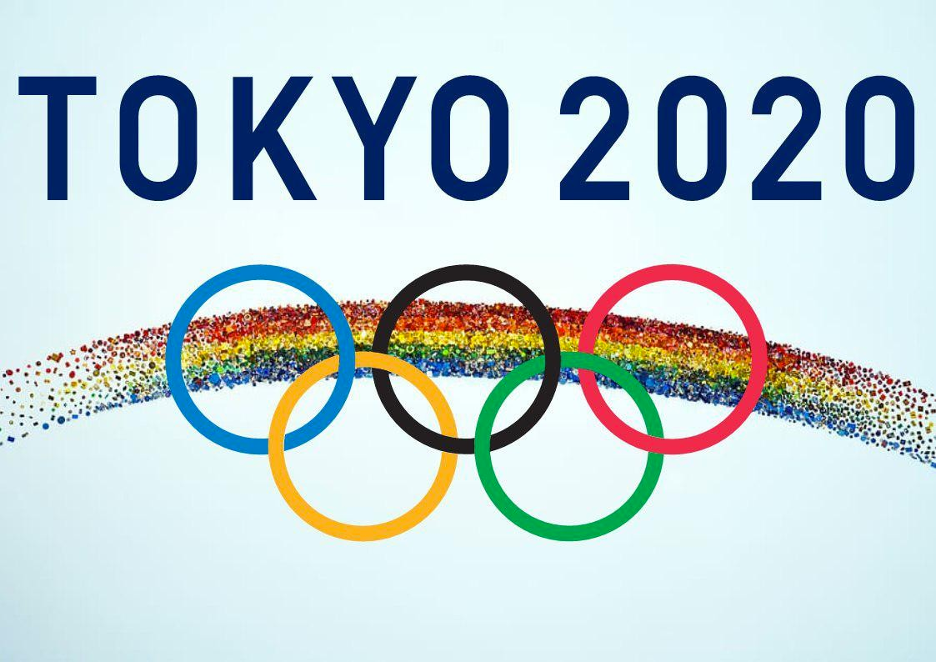LILLY WEBBER WRITES – The long-awaited Japan 2020 Olympics is finally in full swing— or it would be if the COVID-19 pandemic hadn’t forced the International Olympic Committee (IOC) to postpone the event to 2021 (hopefully). The Olympics would have brought renowned athletes and thousands of tourists to the East Asian island nation, which was predicted to boost both Japan’s economy and international reputation. As many countries prior to Japan have experienced though, countries who host the Olympics often undergo scrutiny by the international community regarding their domestic policies.
In the last few decades LGBT rights have increasingly become an international standard, resulting in the two previous Olympic hosts, the Rio Olympics in Brazil and the Sochi Olympics, to be met with fierce criticism due to their notorious anti-LGBT legislation. In the years leading up to the Olympics, Japan has worked to make major strides in improving LGBT rights and the public’s awareness. However, to what extent has international pressure and Japan’s desire to avoid criticism been responsible for the nation’s sudden uptick in LGBT-focused activism?
While homosexuality has long been legal within Japan and recent improvements, Japan still does not legally recognize same-sex marriages due to Article 24 of the Japanese constitution, which states that “Marriage shall be based only on the mutual consent of both sexes…”. Since its creation, Japan’s constitution has never been edited and so the national stance on same-sex relations has appeared unlikely to change…until Japan’s bid to host the Tokyo Olympics was jeopardized by a new addition to the IOC’s charter. Following the 2014 Sochi Olympics, the International Olympic Committee (IOC) established an anti-discrimination clause that henceforth required all future host cities to meet specific human rights benchmarks such as the protection of its LGBT citizens. A major aspect of Japan’s diplomacy is the countries’ international reputation, and to lose the favor of foreign nations would be a major blow to the nation’s economy and standing in the international community.
Aiming to save Japan from serious criticism, Hiroshi Hase, the Sports Minister who chaired Japan’s bid for the 2020 Olympics, gathered lawmakers together to learn about and raise awareness on LGBT struggles in Japan: “As it hosts the Olympic Games, there is no doubt that Japanese society will be questioned on how it treats its sexual minorities.”. However, Hase’s group has no plans to pass any new legislation nor does Hase himself support the legal partnership of same-sex couples, citing it as against “traditional Japanese family values”. Hase additionally added in the passage of the Gender Identity Disorder Act in 2004, which dictates that transgender individuals are to be legally identified as their preferred gender only after the individual has been diagnosed with Gender Identity Disorder, has undergone gender reassignment surgery and has been permanently sterilized. This policy has been internationally criticized since its enactment as Japanese national law is considered a violation of human rights.
In the years prior to the would-be Tokyo 2020 Olympics, the Japanese government has yet to pass any federal legislation to improve LGBT rights. However public awareness in Japan has still greatly improved due to grassroots efforts: Japanese polls report 80% of citizens under the age of 60 now support same-sex relations. In 2015, Shibuya ward in Tokyo became the first of numerous district governments to pass an ordinance that acknowledged same-sex unions. The ordinance grants couples a “proof of partnership” document which among other privileges is designed to permit partners to visit one another in the hospital. Three years later in 2018, the Tokyo Metropolitan Government passed a prefecture-wide measure, that policymakers cited as inspired by the upcoming Olympics and the charter: “This act upholds the goal of the Tokyo Metropolitan Government to make Tokyo a city that upholds the human-rights values of banning any sort of discrimination as stated in the Olympic Charter.” The new law prohibited discrimination against individuals on the basis of their gender or sexual orientation and added LGBT history to the national curriculum.
While Tokyo has anti-discrimination laws in place many sports such as Cycling or Football will be played in prefectures outside of Tokyo where similar laws have yet to be implemented, prompting the Olympic community to question the government’s future moves as there was little time before the games commenced. While these questions still remain unanswered; however, many human rights organizations have requested Japan to use this window of opportunity to improve LGBT rights nationwide. On July 23rd 2020, the Human Rights Watch and Japan Alliance for LGBT Legislation called for Japan’s government to enact the Equality Act, a nationwide LGBT protection and anti-discrimination law, by the commencement of the 2021’s Olympics. With what will hopefully be only a single year until the next Olympic Games, will Japan rise to the occasion and embrace the future or will it be held back by tradition?


Very compelling, Miss Webber. Thank you for your thorough outlay of the current conditions and how they are being addressed. I look forward to your followup.